Did you know nearly 85% of United States households deal with hard water? It’s an important issue for aquarists. Choosing the right fish for hard water can be a challenge. However, certain species do very well in these conditions.
In this guide, we’ll look at the best freshwater fish for hard water. You’ll learn about fish that love high pH and general hardness. These tropical fish offer beauty and are full of life.
Table of Contents
Key Takeaways
- Understanding water hardness is crucial for a thriving aquarium.
- Certain species are naturally adapted to hard water conditions.
- Platy Fish, Guppies, and Mollies are among the best options for hard water tanks.
- Accurate measurement of water hardness ensures compatibility for fish species.
- Proper care and maintenance add to the longevity and health of tropical fish for hard water.
Understanding Hard Water and Its Impact on Aquariums
Creating a thriving aquarium means understanding hard water. This type of water is full of minerals like calcium and magnesium. These conditions are key to knowing how to keep your fish healthy.
What is Hard Water?
Hard water has a lot of dissolved minerals, mostly calcium and magnesium. The water picks up these minerals from rocks. Knowing if your water is hard helps you choose the right fish for your tank.
How Hard Water Affects Aquarium Fish
Hard water impacts fish in different ways. Some fish do well in hard water because they’re used to it. But those not used to it can get stressed, lowering their health. Balancing water hardness is crucial for your fish to thrive.
Measuring Water Hardness for Your Aquarium
Measuring hardness looks at general hardness (GH) and carbonate hardness (KH). GH checks calcium and magnesium. KH looks at bicarbonate and carbonate, which affect pH.
| Measurement | Indicator | Impact on Fish |
|---|---|---|
| GH (General Hardness) | Calcium and Magnesium | Essential for skeletal development in hard water fish species |
| KH (Carbonate Hardness) | Bicarbonate and Carbonate | Maintains stable pH, mitigating hard water impact on fish |
| Test Kits | Colorimetric or Digital | Provides accurate measuring water hardness results |
Being precise about measuring water hardness is crucial for your fish’ health. Test kits give you the info you need. This helps you make the aquarium the best place for your fish.
Platy Fish: A Lively Choice for Hard Water
Platy fish (Xiphophorus maculatus) are very popular. They are known for their bright colors. This makes them a great choice for fish tanks.
Platy fish do well in hard water. This means they are a good pick for anyone, whether new or experienced. They are easy to take care of and make your tank more attractive and lively.
It’s not hard to create a good environment for them in your tank. This is because their home waters are naturally hard and alkaline. So, they do well in such conditions.
- Adaptable Habitat: Platy fish can easily adjust to any available water conditions.
- Visual Appeal: They have beautiful colors and patterns that make your aquarium look stunning.
- Beginner-Friendly: Their toughness makes them a great choice for new fish keepers.
Watching Xiphophorus maculatus is a lot of fun. They are always active and enjoy being around other fish. Adding these fish to your tank will make it a lively and colorful place.
| Feature | Description |
|---|---|
| Scientific Name | Xiphophorus maculatus |
| Common Name | Platy Fish |
| Water Type | Tropical Fish for Hard Water |
| Care Level | Easy |
| Color Varieties | Red, Yellow, Blue, and more |
In conclusion, adding platy fish to your hard water tank is a great idea. They bring a mix of beauty, simplicity, and fun. This makes them a top option for anyone who loves tropical fish and wants a pretty and lively tank.
Guppies: Colorful and Hardy
Guppies are a top pick for hard water aquariums because of their vibrant colors and ability to adapt. They are scientifically called Poecilia reticulata. These small, eye-catching fish can live in many water types. This makes them perfect for those with hard water situations.
Adaptability to Hard Water
Guppies stand out for their ability to thrive in hard water settings. They stay healthy and display bright colors, just like in their natural homes with lots of minerals. Being tough on water hardness and pH variations, they fit in well in different aquariums.
Feeding and Care Tips
Feeding guppies a diet high in calcium keeps them healthy. This is crucial if your water is soft but you’re trying to mimic hard water. Also, add mineral supplements to their food for better health and looks. Keep the tank clean and check water conditions regularly to keep them happy.
Choosing Mollies for Your Hard Water Aquarium
Mollies are a great choice if you have a hard water aquarium. They are well-known for their bright colors, different patterns, and active nature. They come from places with brackish or hard water. This means they do well in water with a lot of minerals, which is common in certain areas. So, they are ideal for people in these regions.
Health and Maintenance in Hard Water
Looking after Mollies, like Poecilia latipinna, in hard water is key. They need a steady pH and you must change their water often to keep them healthy. A good mix of veggies and proteins keeps them colorful and energetic. They are tough, but checking water conditions often is a must. This helps keep them in good shape.
Breed Varieties and Preferences
Mollies come in many types, like Sailfin, Balloon, and Black Mollies. All types add their own beauty and charm. They love hard water slightly on the alkaline side, around 7.5 to 8.5 pH. This ensures they are healthy and can even have babies. So, maintaining the right water quality is important for their well-being.
Flagfish: The Algae Eaters for Hard Water Tanks
Flagfish (Jordanella floridae) are top picks for people with hard water tanks. From North America, these fish adapt well to various pH levels and temperatures. This makes them perfect for freshwater fish for hard water settings.
Their key strength is eating algae. Flagfish are great at keeping unwanted algae in check. This makes your hard water tank clean and balanced.
Choosing to include flagfish in hard water settings is a smart move. They not only do a great job but also look pretty in your tank. They add both function and beauty to your aquarium.
Freshwater fish for hard water: Top Recommendations
Selecting the right fish is key for a hard water tank to succeed. We will explore the types of fish that love hard water. Also, their friends, and how to keep your tank in top shape.
Species Characteristics
It’s important to know what each fish needs for a happy, healthy tank. The Platy, Guppy, Molly, and Flagfish are great choices. They are colorful and can live in hard water easily.
| Species | Behavior | Ideal PH | General Hardness (GH) |
|---|---|---|---|
| Platy | Peaceful, active | 7.0-8.5 | 10-28 dGH |
| Guppy | Peaceful, Hardy | 7.0-8.5 | 8-12 dGH |
| Molly | Semi-aggressive, hardy | 7.5-8.5 | 15-30 dGH |
| Flagfish | Semi-aggressive, algae-eater | 7.0-8.0 | 6-20 dGH |
Compatibility with Other Fish
Making sure your fish get along is crucial. Platies, guppies, and mollies are friendly and good with others like them. But, be careful with the flagfish. They can be a bit bossy, so choose their friends well.
Proper Tank Setup and Maintenance
Setting up your tank right and keeping it clean is important. Make sure the water’s pH and hardness are just right. Do regular water changes and always watch the water quality. This keeps your hard water fish happy and healthy.
Thriving with Congo Tetras in Hard Water Conditions
As an aquarist, you face the challenge of keeping your fish happy in various water types. Luckily, the Congo Tetra can thrive in hard water. This makes them a great choice for your aquarium.
Unique Features of Congo Tetras
The Congo Tetra, or Phenacogrammus interruptus, has beautiful, shiny scales. These scales catch the light and make the fish look amazing. They also come in male and female versions. The males have long, flowing fins that add beauty to any aquarium.
This fish is special because it can live in hard water. Their unique ability to handle different pH levels is a big plus. It means you can add them to your aquarium without too much worry.
Tank Mates and Ecosystem Balance
To have a happy aquarium with Congo Tetras, you need to choose their friends carefully. Congo Tetras are calm fish. They get along well with other peaceful species.
It’s also important to create the right home for them. This includes enough places to hide and a good filtration system. A well-designed tank helps keep your Congo Tetras and their friends healthy and happy.
Managing Hard Water with Dwarf Neon Rainbowfish
Want to brighten up your hard water aquarium? The Melanotaenia praecox fish, or dwarf neon rainbowfish, stands out. These vivid fish love hard water and do well with lots of minerals.
Dwarf neon rainbowfish have an interesting social life in hard water. They thrive in groups and prefer more females. This setup makes the males’ intense colors shine, making your tank look stunning.
Keeping their home just right means checking the water and keeping it steady. Because they’re a top choice for hard water, they handle changes well. But, stable conditions are a must for their best health.
| Parameter | Optimal Range |
|---|---|
| pH Level | 7.0 – 8.0 |
| Water Hardness (GH) | 10 – 20 dGH |
| Temperature | 72°F – 82°F (22°C – 28°C) |
For your dwarf neon rainbowfish to thrive, their diet is crucial. They do best with a mix of high-quality flakes and live or frozen foods. This variety keeps them bright and healthy.
Odessa Barbs: Adding Vibrancy to Hard Water Tanks
Odessa Barbs (Pethia padamya) bring a lot of color and life to hard water tanks. They are known for their bright red color and they are very active. To show off their colors, it’s key to create the right tank environment.
Influencing Factors for Vibrant Colors
To keep these fish colorful, a balanced diet is important. They should eat high-quality flake foods, live bloodworms, and brine shrimp. Keeping the water just right helps maintain their health and colors too.
Group Dynamics and Social Behavior
Odessa Barbs are social and need to be with others of their kind. They are happiest in groups of six or more. With the right space and some hiding spots, they will be at their best. This reduces stress and keeps them active.
Versatile Turquoise Rainbowfish for Hard Water Aquariums
Few fish can match the beauty of the stunning Melanotaenia lacustris, or turquoise rainbowfish. These fish come from the mineral-rich lakes of Papua New Guinea. They are a top choice for hard water aquariums because they thrive in such conditions.
The turquoise rainbowfish adds unmatched beauty to your tank. Their scales glow in blue and green. This makes your tank a colorful and lively place. They love to swim, so a big tank is perfect for them. In there, they will show off their vibrant colors and energetic behaviors with other tropical fish.
If we compare the Melanotaenia lacustris to other hard water fish, we see:
| Species | Origin | Hard Water Tolerance | Tank Size Recommendation | Behavior |
|---|---|---|---|---|
| Turquoise Rainbowfish (Melanotaenia lacustris) | Papua New Guinea | High | Large Tanks | Peaceful |
| Platy Fish (Xiphophorus maculatus) | Central America | Moderate | Medium Tanks | Active |
| Guppies (Poecilia reticulata) | South America | High | Small to Medium Tanks | Lively |
In summary, the addition of Melanotaenia lacustris, or the turquoise rainbowfish, significantly boosts the look and feel of your hard water tank. They’re hardy, bringing beauty and life to your aquarium. This makes them an excellent choice for aquarists who enjoy a lively aquatic space.
Golden Wonder Killifish: A Unique Hard Water Fish
The golden wonder killifish, also known as Aplocheilus lineatus, is a stunning freshwater fish. It has beautiful golden-yellow colors. These colors look amazing in hard water aquariums.
This fish is great for hard water. It’s tough and looks beautiful. They like to swim at the top, which is fun to watch.
The golden wonder killifish can jump high. So, you need a tight lid on their tank. This keeps them safe and your floor dry.
Not just pretty, Aplocheilus lineatus are tough. They do well in different types of water. But, they love hard, alkaline water. This makes them perfect for all fishkeepers.
Adding golden wonder killifish to your tank is a great idea. It makes your tank look better. Plus, their cool nature and tough spirit add a lot.
Conclusion
This guide is here to help fish lovers pick the best fish for hard water tanks. Knowing what fish like Platy Fish, Guppies, and Mollies need is key. This helps keep your aquarium healthy and beautiful. Even though hard water can be tough, it also means your tank can thrive with the right fish.
Keeping an eye on water hardness is very important for your fish’s health. We picked fish like Congo Tetras, Flagfish, and Odessa Barbs for their toughness. This means even new fish owners can do well. With these fish, your aquarium can be full of color and life.
Understanding water and picking the right fish can change your tank completely. With the right info and love, hard water fishkeeping is rewarding. It brings you into a world of amazing fish and beautiful tanks. Enjoy the journey and the beauty of keeping freshwater fish.
FAQ
What is hard water and why is it important for an aquarium?
Are Platy Fish good for hard water conditions?
Do Guppies thrive in hard water?
What are the key health and maintenance practices for Mollies in hard water?
How do Flagfish contribute to a hard water aquarium?
Which freshwater fish are best for a hard water aquarium?
Can Congo Tetras live in hard water, and what are their unique features?
How do I manage a hard water tank with Dwarf Neon Rainbowfish?
What social behavior should I expect from Odessa Barbs in hard water?
How do Turquoise Rainbowfish adapt to hard water aquariums?
What makes Golden Wonder Killifish a unique choice for hard water tanks?
References
American Livebearer Association
Federation of American Aquarium Societies
Aquarium and Tropical Fish Association (ATA)
National Aquarium Society (NAS)
Ornamental Aquatic Trade Association (OATA)
I am a passionate aquarist with over 30 years of hands-on experience in fishkeeping. My journey began at a young age, collecting fish from the wild and learning through experimentation. Specializing in tropical fish, I bring a deep understanding of the hobby to FishKeepingMadeSimple. The site provides honest, detailed reviews of essential products and accessories to help fellow enthusiasts create the best environments for their fish.



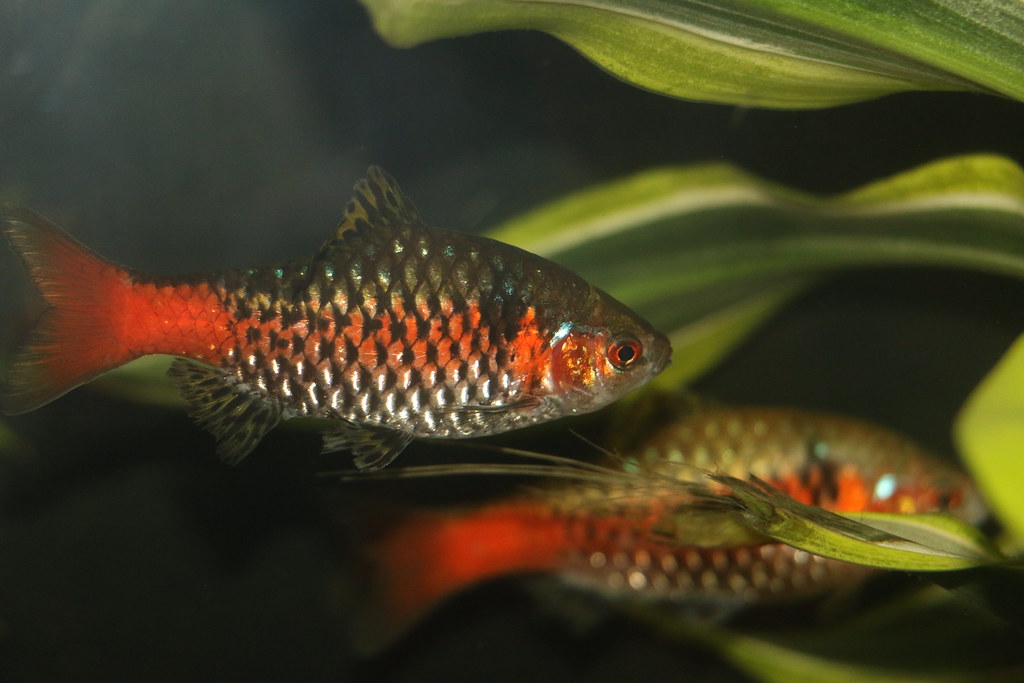
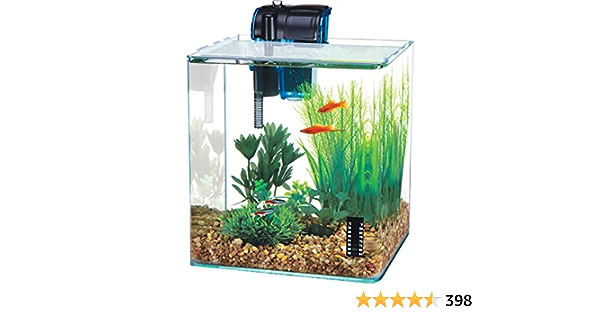
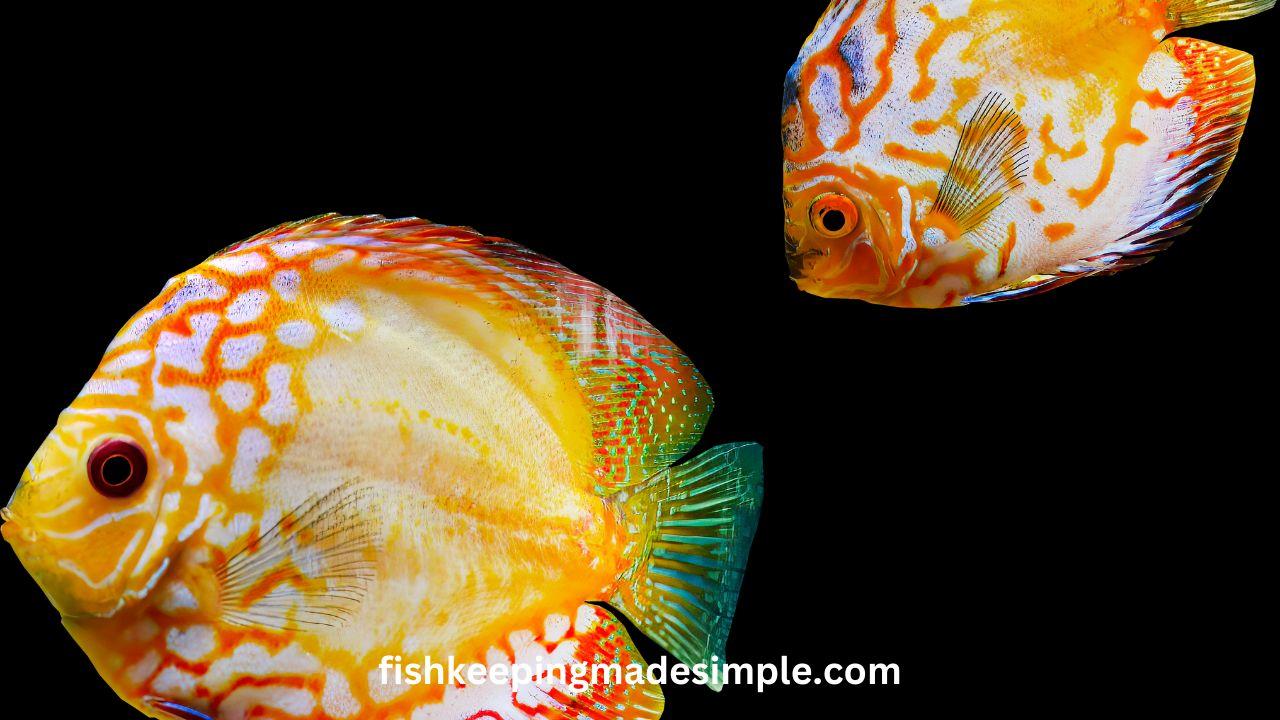
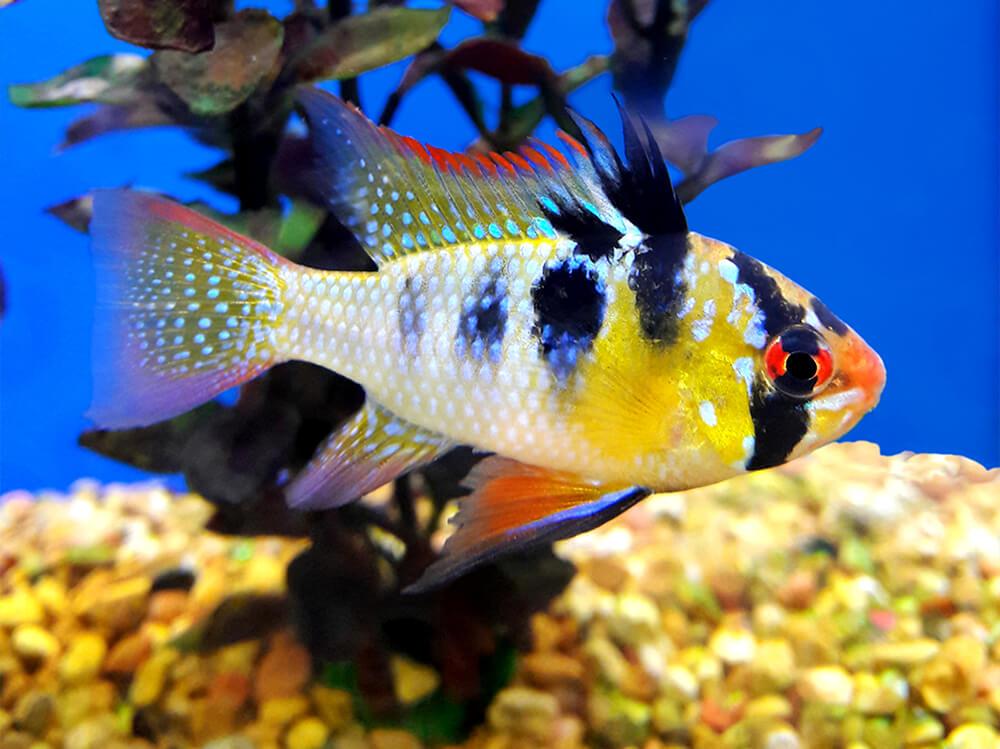
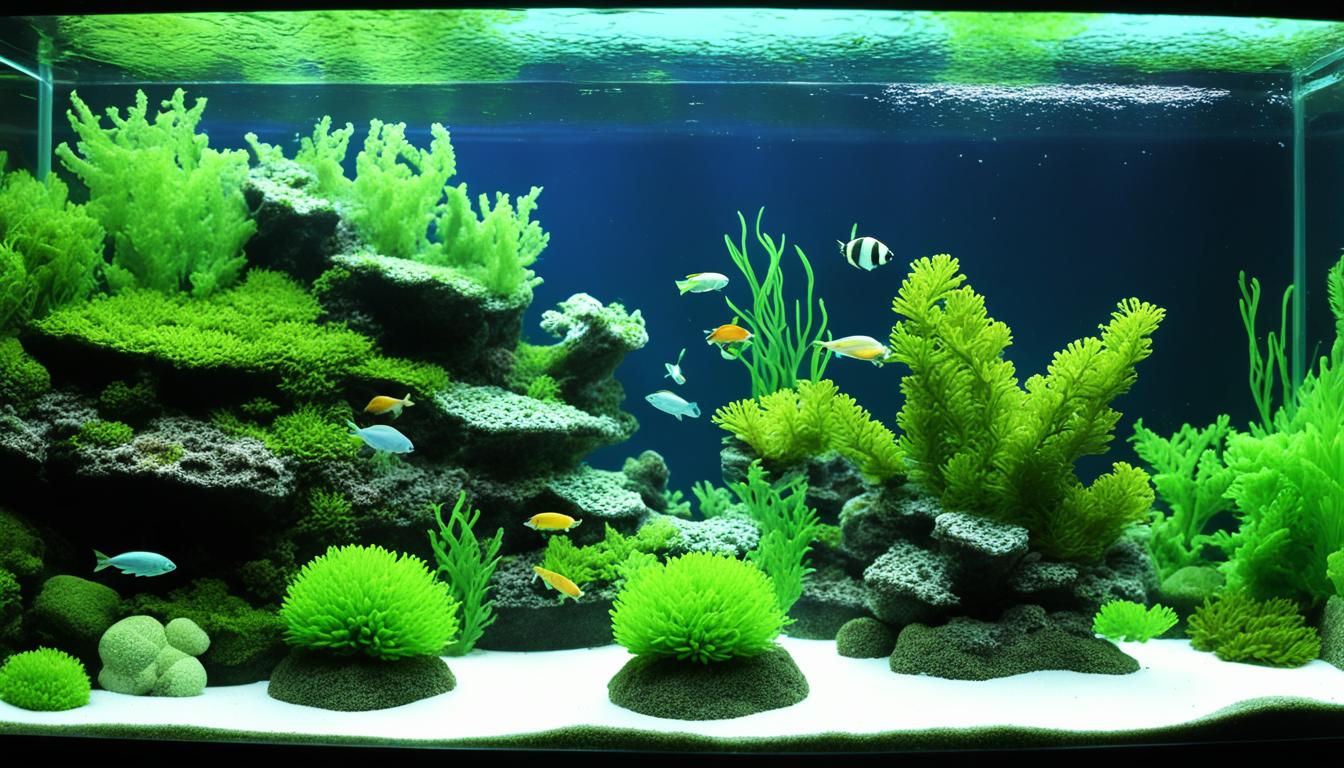
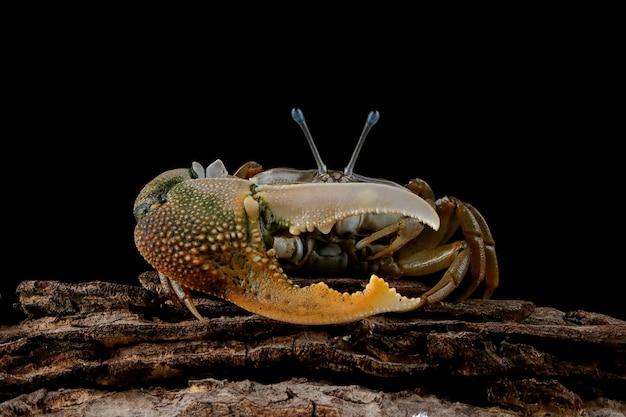
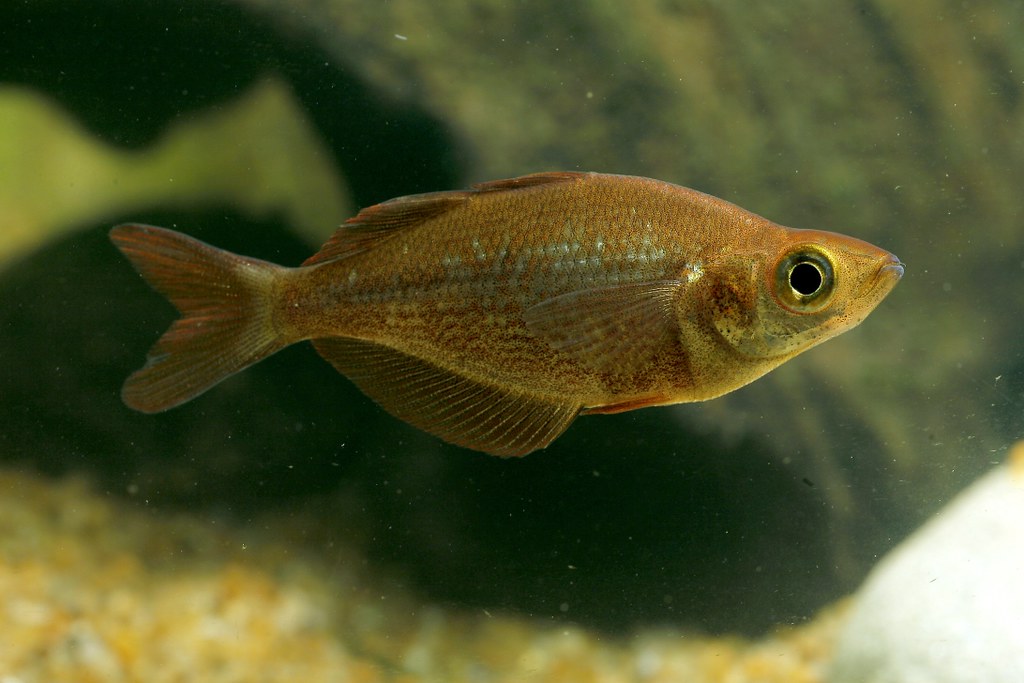
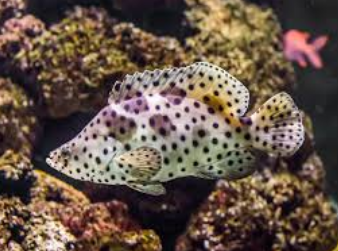
[…] are stunning freshwater fish loved by many around the globe. They are part of the Melanotaeniidae family and stand out for their […]
[…] Water Hardness […]
[…] Water hardness should be within 0 to 10 dKH. […]
[…] Water Hardness […]
[…] you’re finding it hard to differentiate size or fin differences amongst your discus fish, try these […]
[…] the water stable is vital for Caridina shrimp’s health. They are sensitive to changes in water hardness and pH. This can cause molting issues and stress. Regular water checks and upkeep are crucial for […]
[…] water quality is essential for the health and well-being of your electric blue peacock oscar fish. Poor water conditions can lead to stress, illness, and even […]
[…] Its natural range is in the Amazon Basin, making it well-suited for freshwater aquariums. […]
[…] characteristics of the Bleeding Heart Tetra make it a captivating and delightful addition to any freshwater aquarium. Whether you are a beginner or an experienced hobbyist, this species is sure to bring beauty and […]